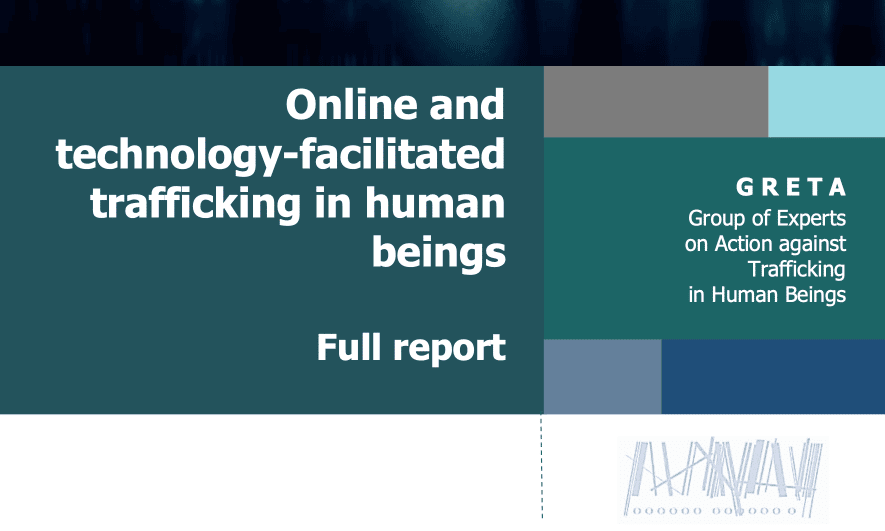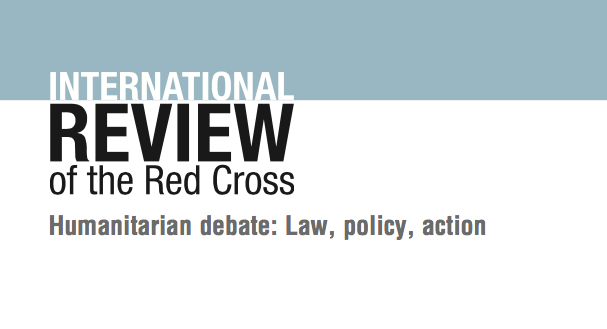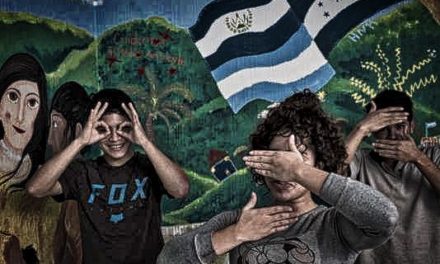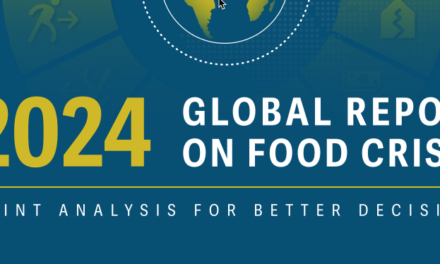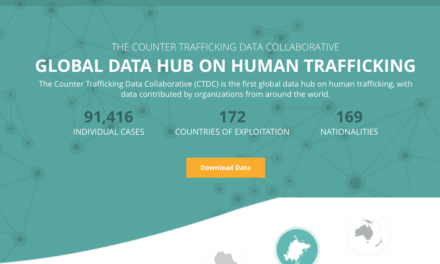Internet, and information communication technology (ICT) more generally, play a major role in shaping our lives. The Covid-19 pandemic has laid bare the extent to which the Internet and ICTs are now integral to a variety of activities and social interactions – and it has accelerated their relevance. The criminal landscape is no exception – and this extends to trafficking in human beings (THB).
There is little doubt that technology poses challenges – as well as opportunities – to law enforcement and NGOs alike. At the same time, the evidence base on online and technology- facilitated THB remains limited and patchy. At the moment, the best evidence available comes from a rather small set of studies, typically based on a small number of interviews with police officers and NGO personnel – often carried out in a very limited number of countries – as well as from a handful of reports from international organisations. This study moves beyond anecdotal evidence by offering an analysis of online and technology-facilitated THB based on evidence systematically collected from State Parties to the Council of Europe (CoE) Convention on Action against Trafficking in Human Beings. Such evidence has been supplemented with information from NGOs providing assistance to THB victims as well as tech companies.
The scope of the present study is rather broad. It offers an assessment of the extent to which technology impacts THB as well as an exploration of the traffickers’ modus operandi in the context of online and technology-facilitated THB. At the core of this study is an exploration of the operational and legal challenges that State Parties – and to some extent NGOs – face in detecting, investigating and prosecuting online and ICT-facilitated THB, as well as identifying victims and raising awareness among at-risk groups. Crucially, the study also explores the strategies, tools and ‘good practices’ adopted by State Parties and NGOs to overcome such challenges and enhance their response to online and technology-facilitated THB. This work teases out similarities across countries as well as country-specific experiences. Particular emphasis is placed on training – as investments in human capital are as important as those in technical tools.
This study has been conducted as part of a long-standing interest of the Council of Europe in the issue of technology and human trafficking. Besides offering a systematic assessment of the current evidence base, this study also seeks to provide the Council of Europe Group of Experts of Action against Trafficking in Human Beings (GRETA) and other entities with a tool to carry out future assessments and track changes in both the technological and behavioural landscapes.
 Loading…
Loading…

